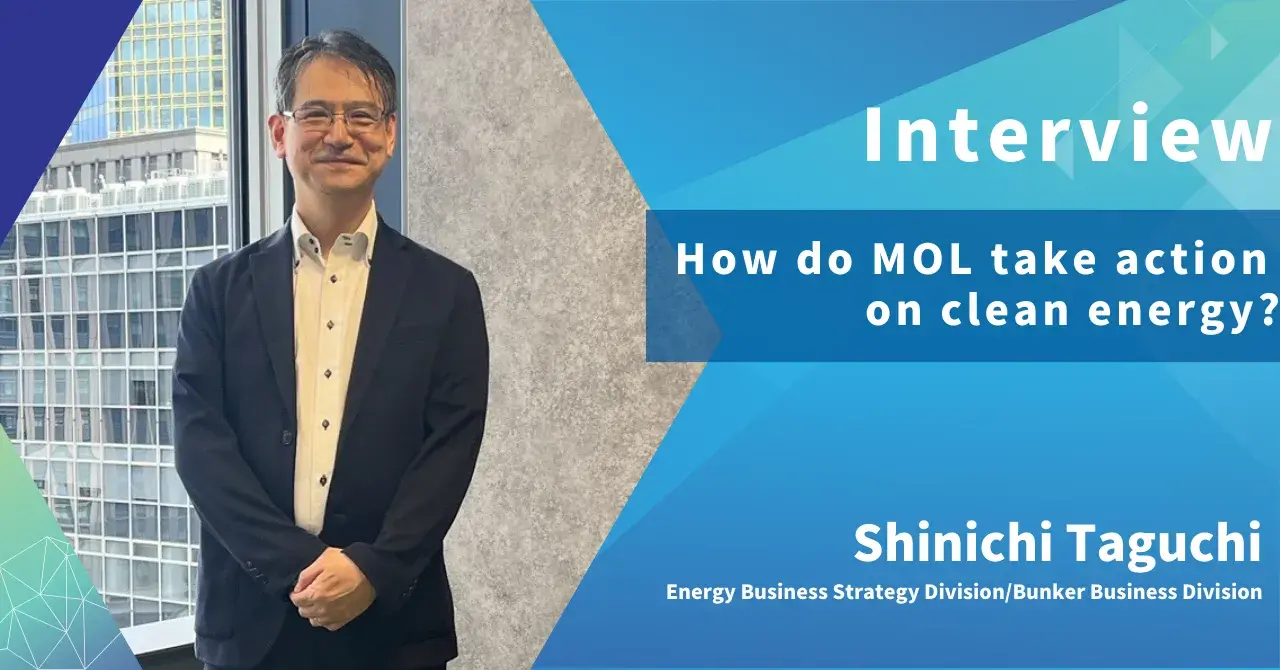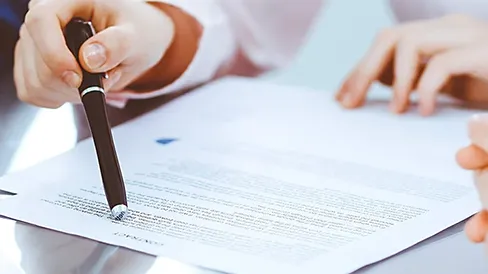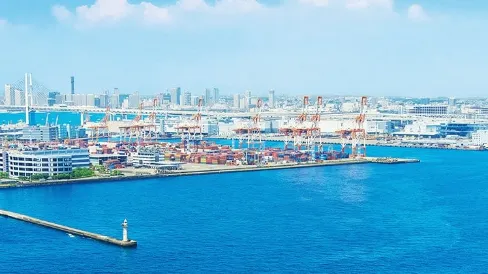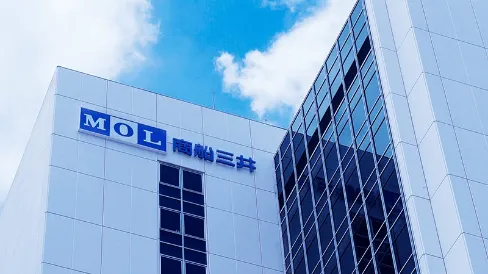
ADOPT CLEAN ENERGY
MOL is moving ahead with research aimed at introducing various clean alternative fuels to help move towards zero GHG emissions from vessels.
Shift to Clean Energy = Low-carbon / Decarbonaized fuels
In July 2023, the IMO (International Maritime Organization) adopted a reduction strategy that includes a goal of reducing greenhouse gas (GHG) emissions from international shipping to "zero by around 2050."
MOL is promoting various initiatives to achieve net zero emissions by 2050. Adoption of clean energy is one of the most important initiatives, accounting for about 70%.
MOL Group’s Pathway to Net Zero GHG Emissions

Interview / Adopt Clean Energy
Please take a look at the interview video with the person in charge of MOL regarding the adoption of clean energy. (01"35)
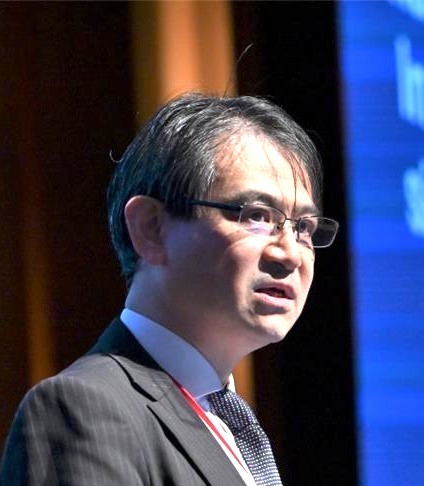
Shinichi Taguchi
Associated General Manager, Energy Business Strategy Division as well as Bunker Business Division of Mitsui O.S.K. Lines, Ltd. (MOL).
Joined MOL in 1991. After several years in the Container Ship Division, in 1996 transferred to Car Carrier Division in Tokyo. In 2020, transferred to current divisions as the Project manager of Green Bunker Fuel Project in charge of company-wide GHG reduction roadmap towards 2050.
Promoting the adoption of optimum fuels for various types of ships
One of MOL's initiatives to achieve the target is the "Adopt clean energy". Based on the premise that the optimal fuel differs depending on the type of vessel and shipping route, we have begun considering that aimed at introducing the next-generation zero-emission fuels such as Ammonia and Hydrogen, in addition to further promoting the adoption of LNG fuel.
We aim to achieve net zero emissions, not only by preparing alternative fuel-powered vessels, but also we will take measures to procure clean-energy fuels.
Composition of MOL’s Ocean-Going Fleet by Fuel Type
%E5%BD%93%E7%A4%BE%E5%A4%96%E8%88%AA%E3%83%95%E3%83%AA%E3%83%BC%E3%83%88%E6%A7%8B%E6%88%90%E5%9B%B3EN-1.png?width=1884&height=1358&name=(%E7%94%BB%E5%83%8F%E8%AA%BF%E6%95%B4)%E5%BD%93%E7%A4%BE%E5%A4%96%E8%88%AA%E3%83%95%E3%83%AA%E3%83%BC%E3%83%88%E6%A7%8B%E6%88%90%E5%9B%B3EN-1.png)
Service Lineup
LNG Fuel
LNG is a low-emission fuel that is available for immediate utilization.

Biofuel
As a short-/mid-term measure for GHG reduction, we position biodiesel fuel as a promising option that fits the current ship fuel infrastructure without requiring engine modifications.

e/Bio-methanol
In the future, net CO₂ emissions can be reduced by using methanol fuels derived from non-fossil raw materials-such as e-methanol produced by synthesizing CO₂ recovered from various emission sources & hydrogen produced using renewable energy, and biogas-derived biomethanol.

e/Bio-methane
Total GHG emissions will be reduced by promoting the use of synthetic methane, which combines CO₂ emitted from various emission sources with hydrogen derived from renewable energy, and carbon neutral biomethane derived from biomass.

Ammonia
Ammonia is expected to be a clean alternative to fossil fuels because it does not emit CO₂ during combustion. It is also attracting attention as a "Hydrogen Carrier" as a transporting hydrogen.
MOL is developing a zero-emission vessel that uses ammonia as fuel.

Hydrogen
When hydrogen is combusted, it combines with oxygen to form water, which emits no CO₂ during combustion.Even in the ocean shipping industry, hydrogen fuel is drawing considerable attention as a promising next-generation fuel.

Electric vessels
MOL contributes to the realization of a sustainable society and zero-emission operations by working to improve the work environment for crew members and protect the global environment, which are urgent issues in coastal shipping.
- MOL and Pyxis sign Collaboration Agreement for development and market expansion of electric vessels in Singapore and Japan
- World's 2nd Pure Battery Tanker "AKARI" Enters Service; Completes 1st Bunkering Operation
- World’s First Pure Battery Tanker “ASAHI” Made her First Bunkering Operation on Car Carrier
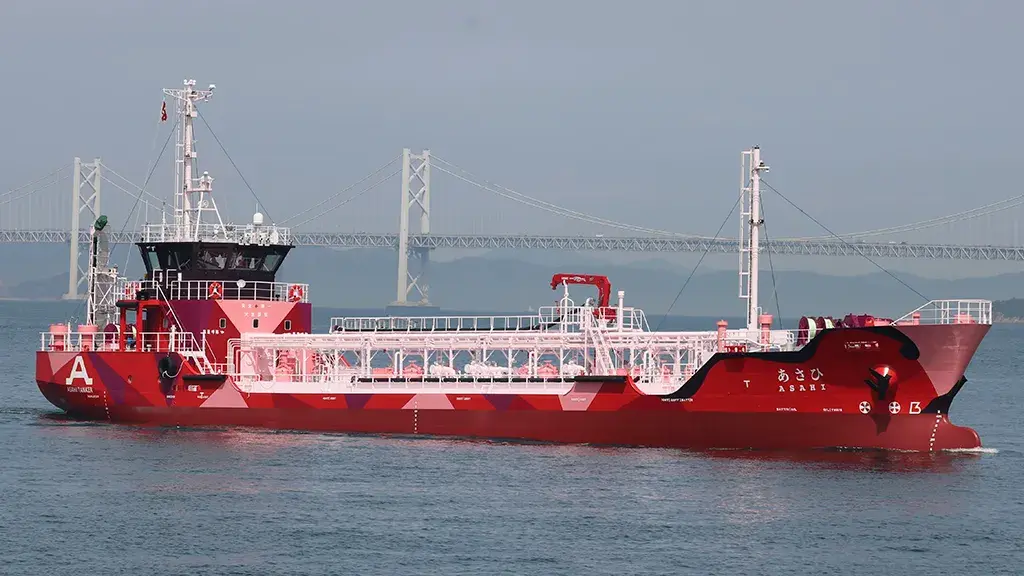
First Japanese Shipping Company to Join First Movers Coalition in the Shipping Sector (Jan.2023)

FMC consists of seven sectors such as Shipping, Aluminum, etc. and MOL is the first Japanese company to join FMC's Shipping Sector. Shipping companies participating in the shipping sector have committed to power at least 5% of deep-sea shipping with zero-emission fuels by 2030, enabled by ships capable of using zero-emission fuels.
MOL has announced the “MOL Group Environmental Vision 2.2” as a new roadmap to achieve net-zero GHG emissions by 2050 and promote sustainable development of people, society, and the planet, and has incorporated the FMC commitment as an intermediate milestone.
In addition to working on the development and operation of vessels from the perspective of fuel users, we will work withdiverse partners to urge upstream players of the fuel supply chain to join our efforts to expand the use of new fuels.
Other Service Categories
-
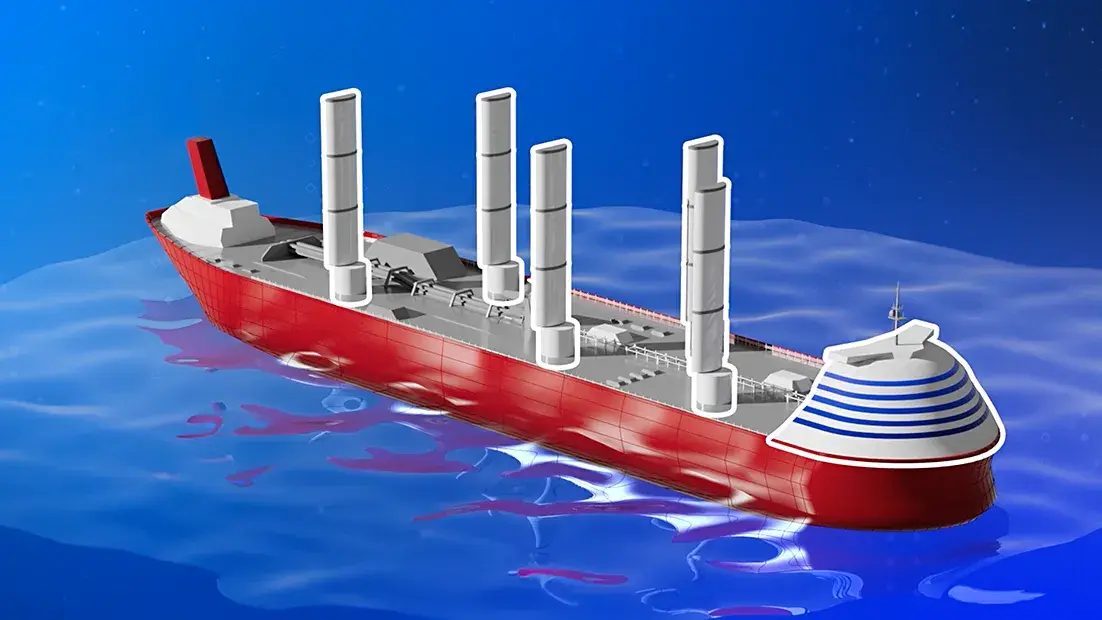
ENERGY SAVING TECHNOLOGY
Mitsui O.S.K. Lines, Ltd. is working to reduce CO₂ emissions and improve efficiency by, for example, utilizing wind power for vessel propulsion. Learn about the energy-saving technologies we have developed and introduced.
-
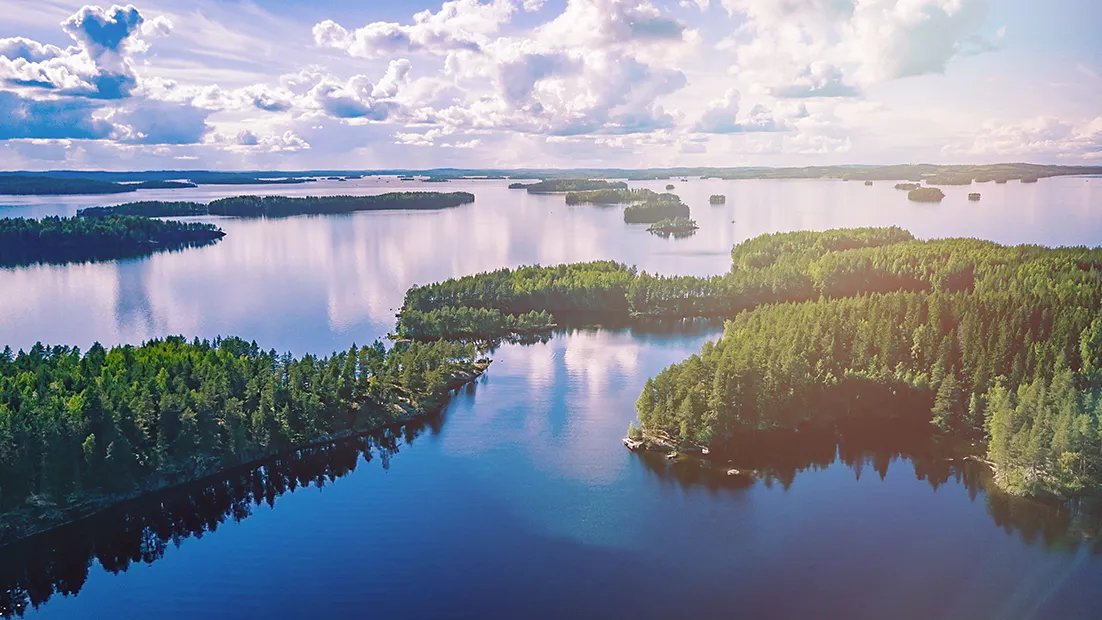
LOW-CARBON / DECARBONIZED BUSINESS
Mitsui O.S.K. Lines, Ltd. is actively promoting initiatives for negative emissions, from manufacturing to transportation and supply, across the value chain, as part of its efforts to create a framework for achieving net zero GHG emissions. Learn about the low-carbon and decarbonization projects that we are working on.
-
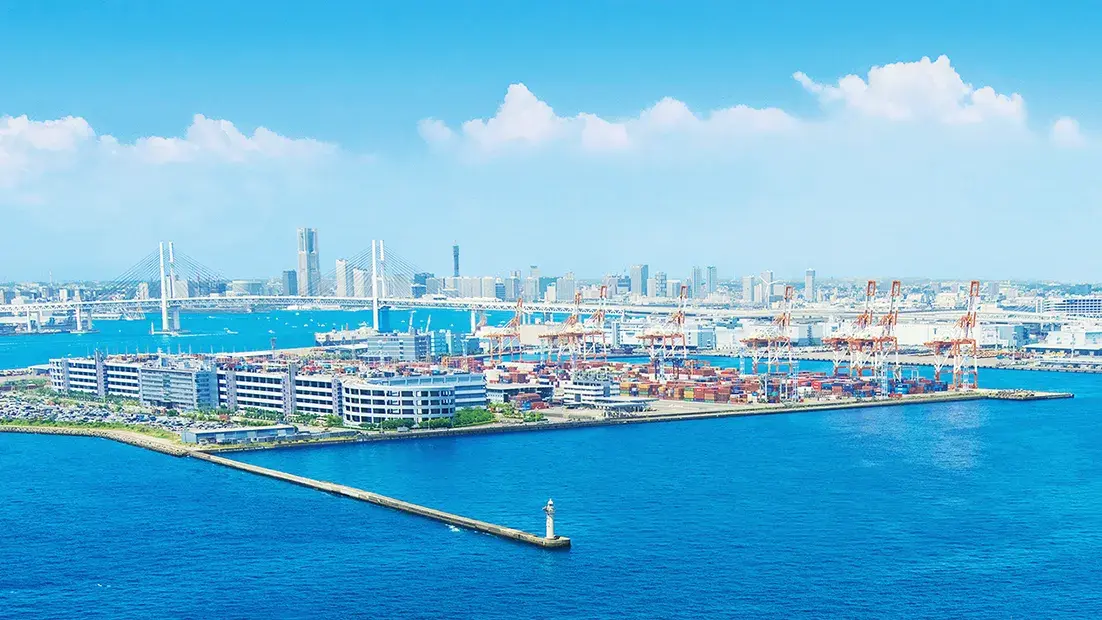
SUSTAINABLE SUPPLY CHAIN
Learn about Mitsui O.S.K. Lines, Ltd. special cargo transportation services, such as our heavy and oversized cargo services, seafarer education and training, and foreign human resource consulting services for a wide range of industries outside of seafarers and the shipping industry.
Contact
- Top
- ADOPT CLEAN ENERGY
